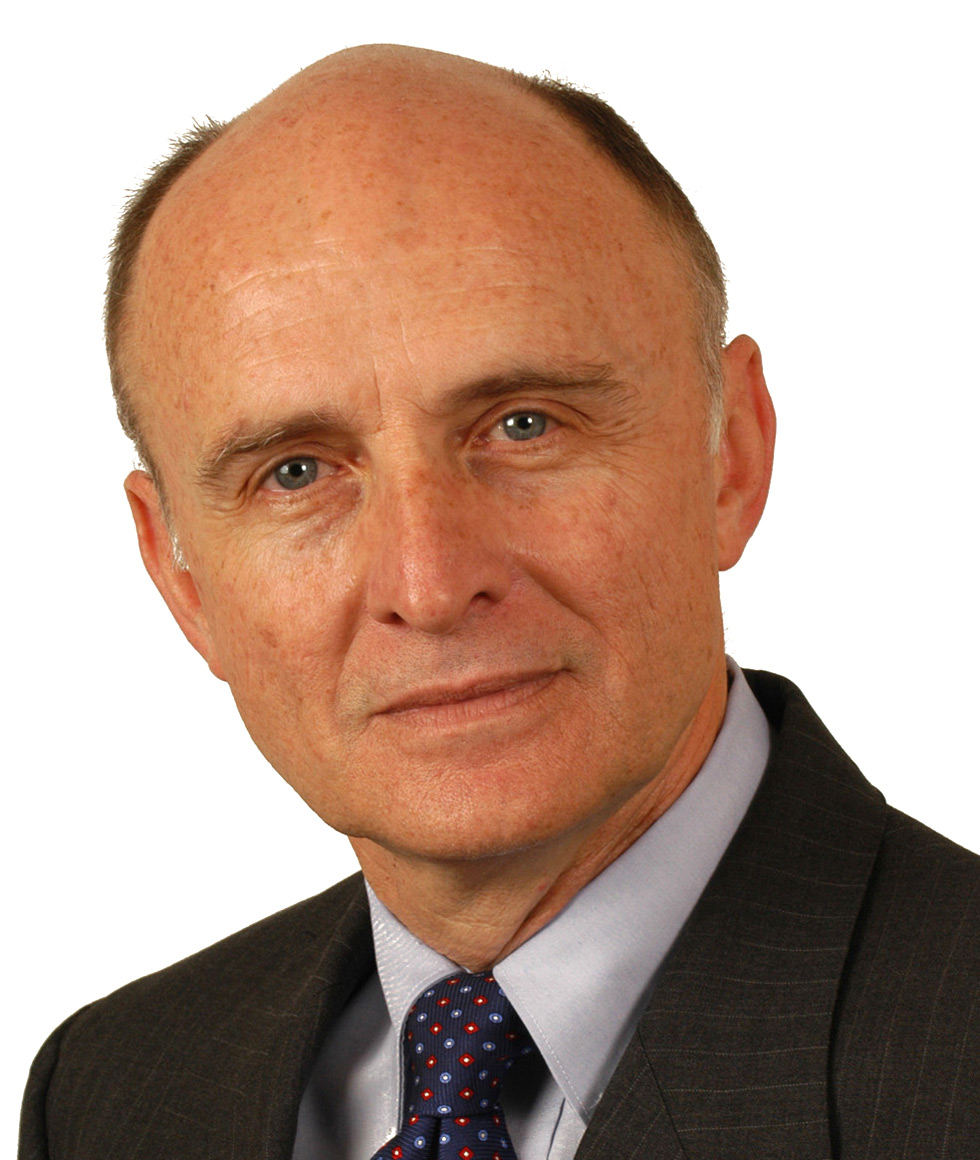On the Issues: Haiti One Year Later
Robert Perito, director of USIP’s Haiti program, reflects on Haiti's challenges and progress of the past year.
January 11, 2011
 Robert Perito, director of USIP’s Haiti program, reflects on Haiti's challenges and progress of the past year.
Robert Perito, director of USIP’s Haiti program, reflects on Haiti's challenges and progress of the past year.
- What is the status of Haiti’s troubled elections?
- What impact has the cholera outbreak had on Haiti?
- Has there been progress in rebuilding Haiti after the earthquake?
- What activities does USIP have planned for Haiti?
What is the status of Haiti’s troubled elections?
 A member of Haiti’s Provisional Electoral Council (CEP) has announced that the second round of presidential and parliamentary elections will not take place as scheduled on January 16. A team of international experts led by the Organization of American States (OAS) has evaluated the results of the November 28, 2010 voting which have been challenged by the 18 presidential candidates. The OAS is expected to present the results of its review to President Preval in the next few days. A leaked version of the report recommends the disqualification of tens of thousands of votes, leaving former first lady Mirlande Manigat with 31.6% of the vote, popular singer Michel "Sweet Micky" Martelly in second place with 22.2%, and Jude Celestin, candidate of President Preval's Unity Party, moving to third place with 21.9%. The runoff election is expected to include the top two candidates.
A member of Haiti’s Provisional Electoral Council (CEP) has announced that the second round of presidential and parliamentary elections will not take place as scheduled on January 16. A team of international experts led by the Organization of American States (OAS) has evaluated the results of the November 28, 2010 voting which have been challenged by the 18 presidential candidates. The OAS is expected to present the results of its review to President Preval in the next few days. A leaked version of the report recommends the disqualification of tens of thousands of votes, leaving former first lady Mirlande Manigat with 31.6% of the vote, popular singer Michel "Sweet Micky" Martelly in second place with 22.2%, and Jude Celestin, candidate of President Preval's Unity Party, moving to third place with 21.9%. The runoff election is expected to include the top two candidates.
Following the announcement of provisional elections results on December 7, 2010, there were accusations of fraud and disenfranchisement and violent demonstrations around the country. Controversy has focused on the CEP’s claim that Jude Celestin finished second, beating out Michel Martelly for a place in the runoff by less than one percent of the vote. Haiti’s constitution provides for the inauguration of a new president on February 7, 2011, but current expectations are that the runoff elections and the installation of the new president will be delayed, possibly until late spring.
What impact has the cholera outbreak had on Haiti?
Along with the current political crisis, Haiti is struggling to control an outbreak of cholera that has killed over 3,500 and infected more than 160,000 since the disease first appeared last October. Cholera is easily controlled by washing hands, boiling water, and thoroughly cooking food, but these simple solutions are beyond the capacity of the 1 million people that remain in unsanitary tent encampments one year after the earthquake.
Politically motivated streets demonstrations and road closures have hampered efforts by health workers to provide medicine, treat victims and prevent the disease from spreading throughout the country. Circumstantial evidence and reports by some foreign experts have linked the disease to the arrival of a contingent of U.N. peacekeeping troops from Nepal. Attacks on U.N. personnel and facilities have left several Haitians dead, as have attacks by Haitian mobs on voodoo priests who have been accused of using witchcraft to spread the disease. Cholera was not present in Haiti before this outbreak. Experts say it may take years before the disease disappears.
Has there been progress in rebuilding Haiti after the earthquake?
One year after the earthquake, Haiti’s capital Port-au-Prince remains in ruins, including the presidential palace, government ministries, the national cathedral, schools and hospitals. Rubble from the earthquake remains in place. Nearly 1 million of the city’s inhabitants still live in makeshift shelters and temporary encampments. Unsanitary conditions, crime, exposure to harsh weather, joblessness and uncertainty remain the reality for most people.
The Haitian government has yet to announce a plan for rebuilding the city. Since the beginning of the political crisis, international attention has been distracted from recovery efforts. Foreign donors have been hesitant to move forward in circumstances where the future leadership of the country is uncertain. The election of a legitimate and competent Haitian government is essential to Haiti’s receiving the over $5 billion in pledges of international assistance. It is imperative that the current political impasse is resolved.
What activities does USIP have planned for Haiti?
On January 26, 2011, the USIP Haiti Working Group will host a public forum on “What is in Haiti’s Future?” The featured speaker on a panel of experts will be Ambassador Thomas Adams, special coordinator for Haiti at the Department of State.
On February 24, 2011, USIP will partner with the National Democratic Institute to provide training for community activists in southern Haiti on peaceful conflict resolution and the use of community dialogue to control violence. This will be the second in a series of training programs that will continue later in the year.
Explore Further
- USIP Event: "What is in Haiti's Future?"
- Countries and Regions: Haiti
- Haiti Working Group
- Newsletter Sign up: "USIP on Haiti"

